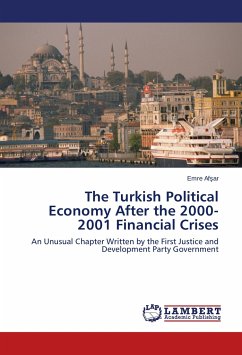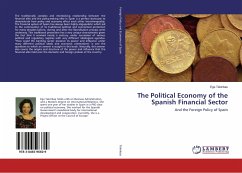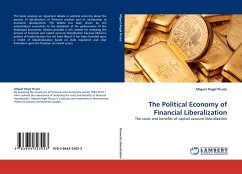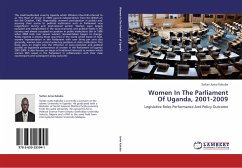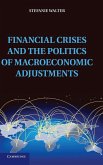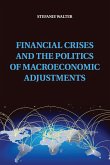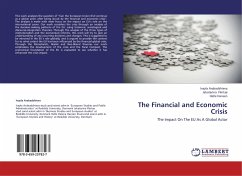Following the most severe financial crises since WW2, the Turkish economy demonstrated a stellar growth performance after 2001. The strong commitment to the fiscal discipline and to the powerful external anchors such as the IMF and EU were key to this success. The central question is what motivated the JDP government to show this long-lasting commitment to the fiscal discipline and the external anchors particularly to the IMF-induced economic programs. Growing ties with the global economy, the new institutional framework, the new balance of power within the networks shaping the Turkish political economy and the successful implementation of the JDP's prudent political economy agenda are the four plausible explanations for the central question. Each of these explanations is elaborated in a separate chapter and the growing ties with the global economy prevail as the most competent explanation since it directly contributes to the emerging of the other three explanations.
